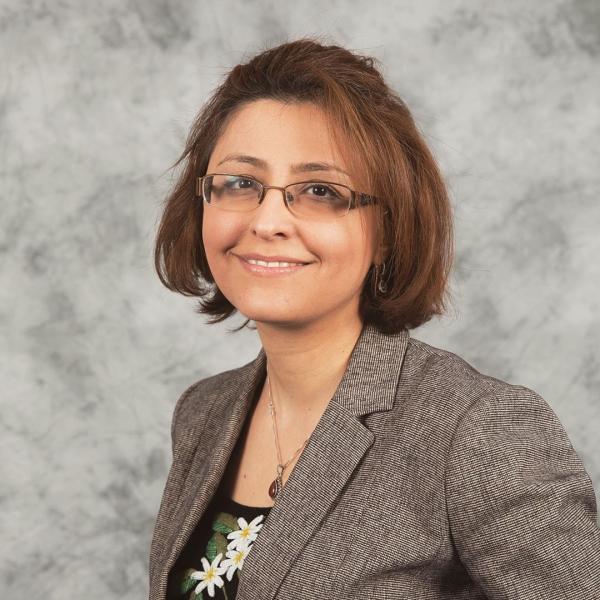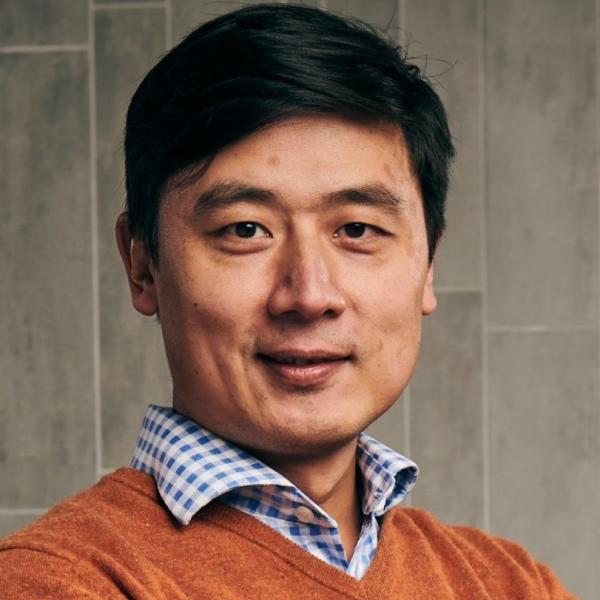Healthcare data/AI
We will use healthcare data and Artificial Intelligence (AI) to speed up accurate diagnosis of disease, help work out what treatments work for what diseases, and understand how to predict who will get disease.

Huge amounts of data collected during routine healthcare are increasingly accessible for research, while new types of data from smartphones, wearable devices and other technologies and data sources provide novel insights into health.
The world’s most valuable resource is no longer oil, but data.
The Economist, 2017
Advanced analysis of such data using AI can provide great insight into the health of both populations and individuals.
All data is health data.
Datification and the boundaries of health Ada Lovelace Institute, 2020
We will use healthcare data and AI to speed up accurate diagnosis of disease, help work out what treatments work for what diseases, and understand how to predict who will get disease.
This could allow us to radically improve healthcare without the need to invent new tests or treatments but simply use the information we already have more efficiently and effectively.
We will work with the University of 91̽»¨'s Centre for Machine Intelligence and Data Connect service on the generation of extensive curated data sets and combining them with accessible AI-powered analytic tools.
Research theme directors
* Gaussian process manifold interpolation for probabilistic atrial activation maps and uncertain conduction velocity (Philosophical transactions. Series A, Mathematical, physical, and engineering sciences) S. Coveney, C. Corrado, C.H. Roney, D. O’Hare, S. E. Williams, M. D. O’Neill, S. A. Niederer, R. H. Clayton, J. E. Oakley, R. D. Wilkinson







